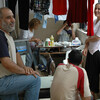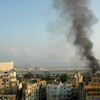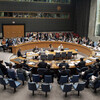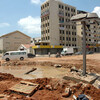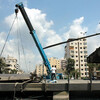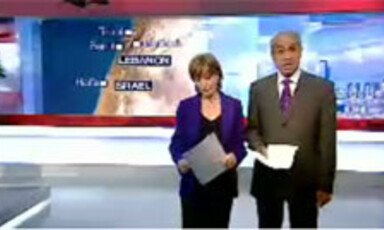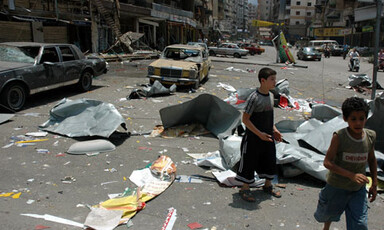
At a crossroads in downtown Beirut
Beirut 17 July 2006
Today I drove through downtown on my way to visit my parents. I was driving alone and was a bit nervous. First time in a car alone since this whole thing started … But I had to see my parents. I came across a red light and stopped. The streets were empty, and I caught myself wondering why I stopped and didn’t just go through. Streets were totally empty - no other cars, no traffic police. Then I remembered my latest policy that is helping to keep me sane; that even under attack, we should not lose our manners. That even under attack, there are still some regulations we should abide by. Somehow, by not crossing the red light, I was able to maintain some dignity. Read more about At a crossroads in downtown Beirut

